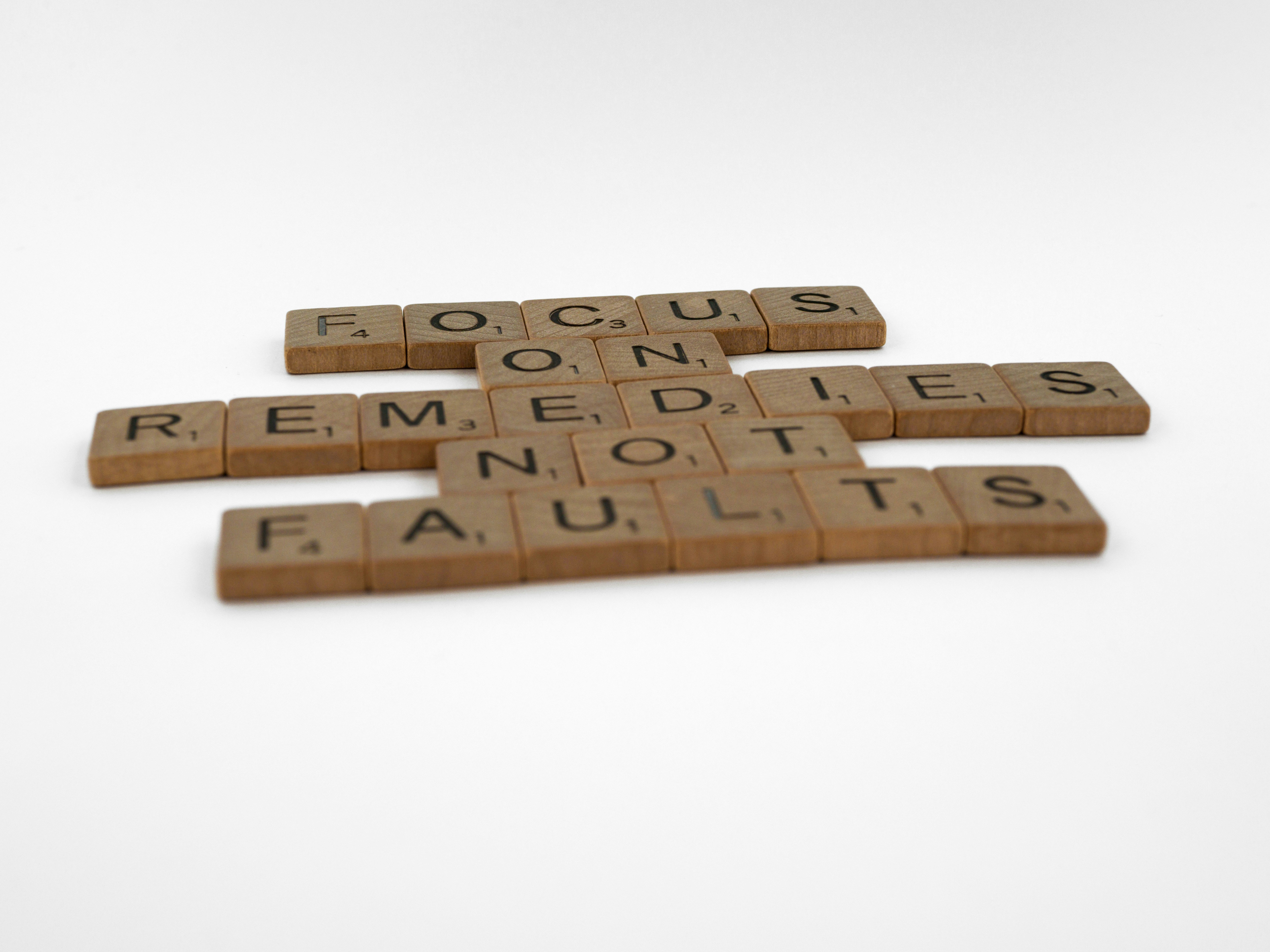Is victim blaming the idea behind Law of Assumption? The idea that the upsetting patterns that persisted in my life were the result of my thoughts alone upset me and turned me off at first.
However, I was thinking about it in a way that wasn’t helpful, i.e., from a state of wanting there to be someone to blame for all that had gone wrong in my life. As always, I need to give a brief disclaimer and tell you that if you are in an abusive situation, I want you to be safe.* Below is my take on the question about victim blaming, but it is not advice on what to do about your 3D reality. I am not a doctor or mental health professional. I only intend that my work helps you better understand LOA.
When you come to understand consciousness, you realize there is no blame, no fault. There is only consciousness. There is only what you’ve been thinking up until now. Some thoughts are helpful, while others do not serve, but they don’t need to be condemned. The less helpful thoughts just need to be minimized, and the best way to do that is by thinking your new thoughts that do serve you.
In LOA, we think in terms of causation, not blame. There is a difference. Sitting out in the sun for too long without protection can cause sunburn, but we don’t blame the sun. One might be frustrated with oneself for neglecting the sunblock, but eventually he gets better about applying it regularly and ideally does not get burned again.
That is what we’re meant to do with our thoughts – learn which ones do not serve and apply that knowledge going forward. It’s very neutral; there is no blame or self-flagellation needed.
It can be hard to think in a neutral way when the heart is involved. I have been in abusive relationships, and at first, the idea that I got involved in the first place because of my own thoughts and self-concept bothered me. Then I thought about, before I understood LOA, all the ways I’d placed my faith in a random universe where bad things “just happen” to good people. That was one of my beliefs before. I also believed that good things don’t last and that I get abandoned in relationships (mentally, if not physically).
Beliefs cause one to gravitate toward certain people and relationships. My beliefs that I would be abandoned and that I was not good enough caused me, at a subconscious level, to seek out people and experiences that would confirm that. I got left, or had crushes on emotionally unavailable people, or got into relationships that quickly turned bad. I felt unhappy most of the time and thought I had no control over that.
The way most people approach life is to take the memories – the thoughts and feelings – of the past into the present. If my relationships so far have always been dysfunctional or always left me feeling that I’m not good enough, I perpetuate it by continuing to believe those things based on my experiences. Conscious manifestation is about forgetting the old, imagining how you want to feel in relationships, practicing beliefs that perpetuate those feelings, and persisting until the outside world provides experiences that confirm the new beliefs.
When I realized that my beliefs kept these harmful patterns alive, that it wasn’t just “random” and my lot in life, I did blame myself at first. I understand now that my beliefs were formed in childhood, and I wasn’t taught how to think in ways that would serve me.
I don’t blame myself any more than I blame my parents or any of the adults I looked up to as a child, because no one is taught this. A lot of people don’t realize LOA isn’t just some religion or philosophy and that it is supported by quantum physics.
There is no reason to blame, and if you are truly understanding that everything is consciousness, you don’t need anyone to take the fault, including yourself. It can certainly be scary when you realize your power and responsibility. But I hope you’ll take the words “blame,” “fault,” and “guilt” out of your vocabulary, at least when you are studying Neville’s work or that of any other proper LOA teacher.
*If you are currently in an abusive relationship, and it is safe to do so, call the National (USA) Domestic Violence Hotline at 800-799-7233. I am not a mental health professional, but I encourage you to seek help, therapy, support, etc. if you are facing a mental health crisis, no matter what you’re going through. Many therapists do offer telehealth sessions now for your convenience. Remember you are never alone and there IS a way forward, even if it may not seem so.
